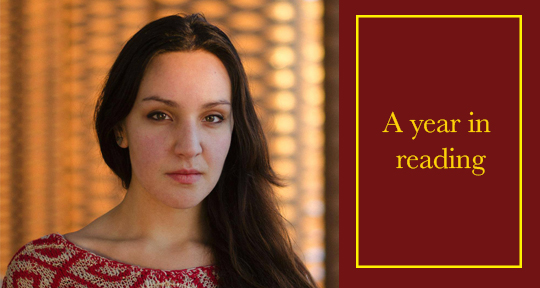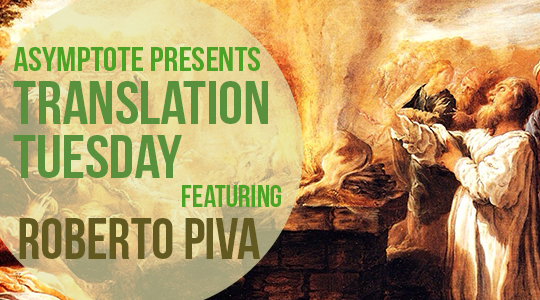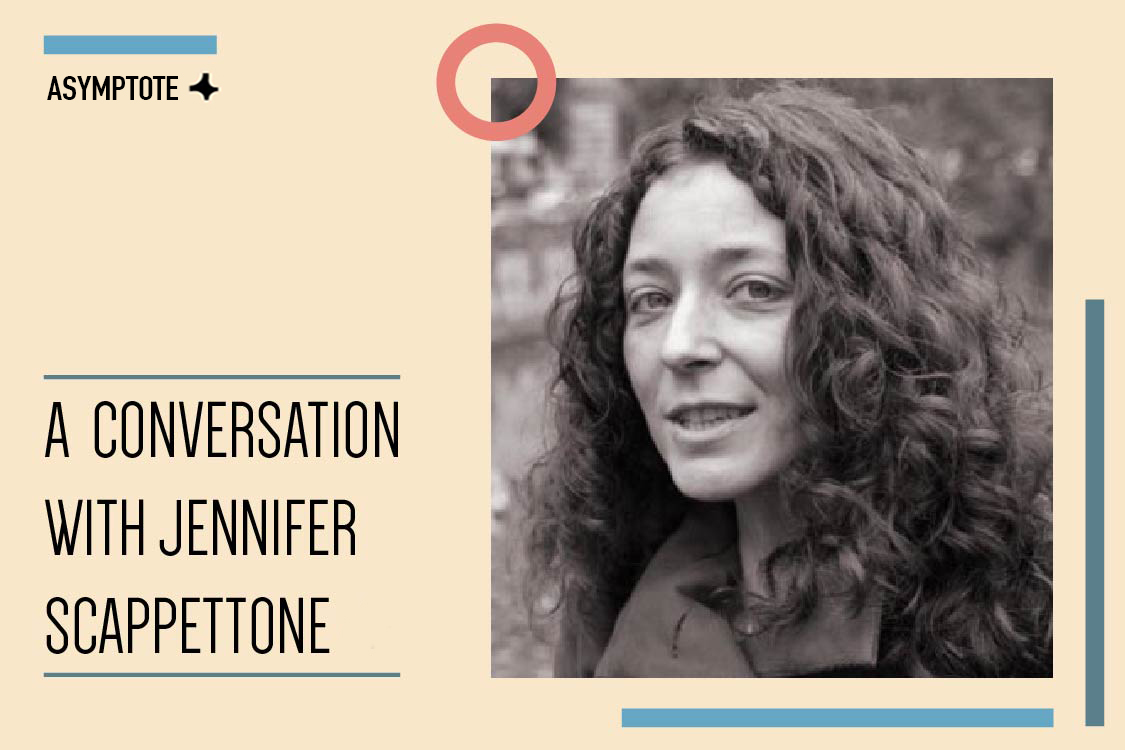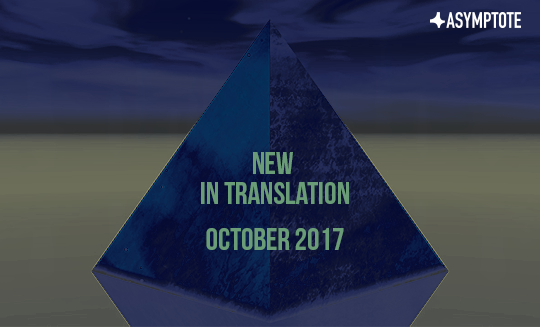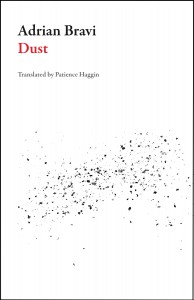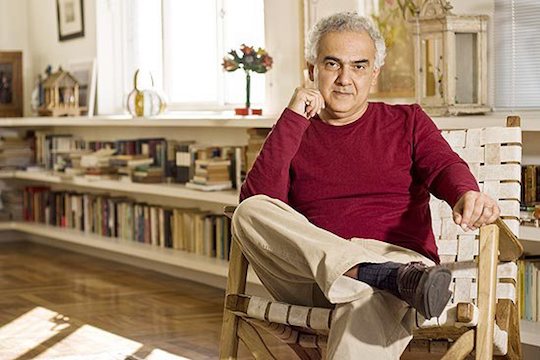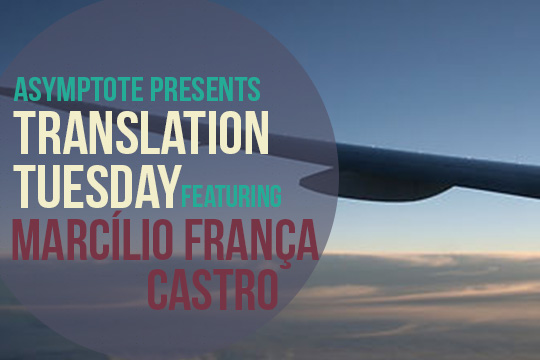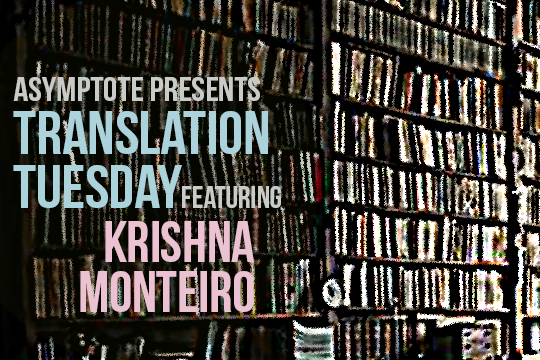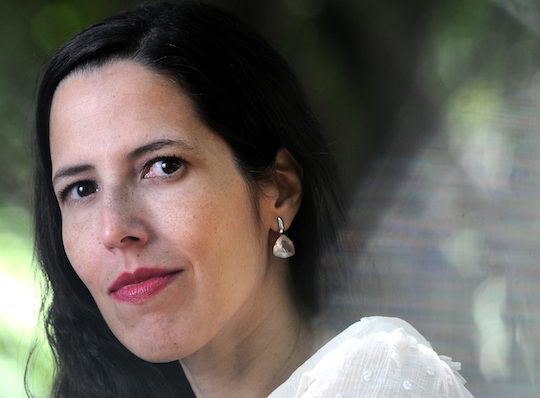Our weekly news update continues in the dawn of this exciting and unpredictable year, but before we get down to business, Asymptote has some very important news of its own (in case you missed it): our new Winter 2018 issue has launched and is buzzing with extraordinary writing across every literary genre! Meanwhile, our ever-committed Editors-at-Large—this week from Brazil, Hungary and Singapore—have selected the most important events, publications and prizes from their regions, all right here at your disposal.
Theophilus Kwek, Editor-at-Large, reporting from Singapore:
2017 ended on a high note as Singapore’s literary community celebrated the successes—and homecomings—of four fiction writers who have gained international acclaim: Krishna Udayasankar, Rachel Heng, JY Yang, and Sharlene Teo. At a packed reading organized by local literary non-profit Sing Lit Station on December 30th, the four read excerpts from their recent or forthcoming work, from Yang’s Singlish-laced speculative short fiction, to fragments of Teo’s novel Ponti, winner of the inaugural Deborah Rogers Writer’s Award. The following weekend, Udayasankar and Heng joined other Singapore-based writers such as Toh Hsien Min and Elaine Chiew for two panel discussions on aspects of international publishing, which aimed to promote legal and ethical awareness among the community here.
Other celebrations in the first fortnight of 2018 took on more deep-seated local issues. Writers, musicians and artists from among Singapore’s migrant community presented a truly cosmopolitan evening of song and poetry to a 400-strong audience that included fellow migrant workers, migrant rights activists, and members of the Singaporean public. Among the performers were the three winners of 2017’s Migrant Workers’ Poetry Competition, alongside Rubel Arnab, founder of the Migrants’ Library, and Shivaji Das, a prominent translator and community organizer. Several days after, indie print magazine Mynah—the first of its kind dedicated to long-form, investigative nonfiction—launched their second issue with a hard-hitting panel on ‘History and Storytelling’. Contributors Kirsten Han, Faris Joraimi and Yu-Mei Balasingamchow all spoke persuasively about contesting Singapore’s official narratives of progress and stability, and the role of writers in that truth-seeking work.



